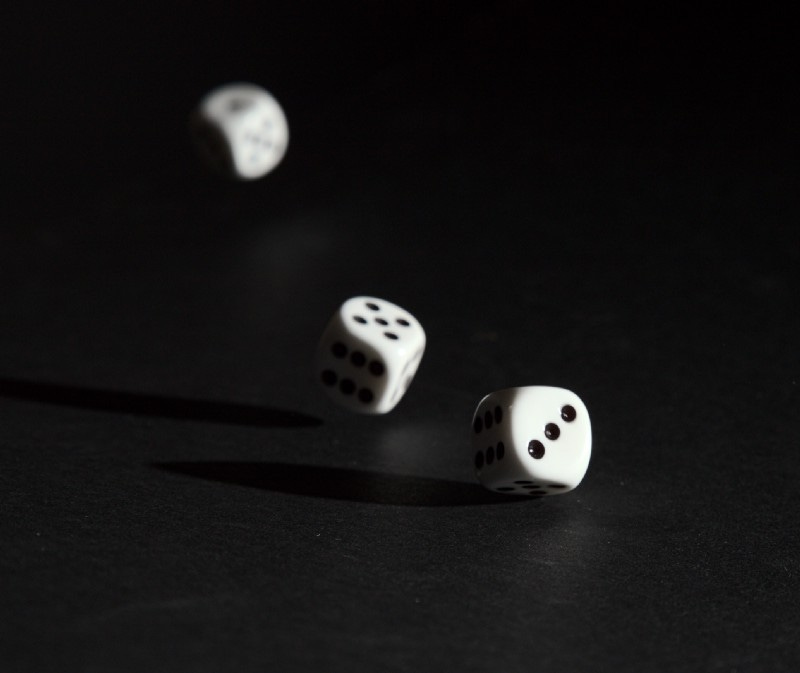
“Events don’t disturb us; it’s the attitudes we take toward events that disturb us. For example, death isn’t terrible, or it would have seemed that way to Socrates; it’s the idea that death is terrible that’s terrible. So when we’re hindered or disturbed or saddened, let’s not blame others but rather our own opinions. It’s the ignorant person who blames others for her or his troubles, the person with a little training who blames only herself or himself, and the well-instructed person who blames no one.”
-Epictetus, Enchiridion 5
There is a short story in David Foster Wallace’s essay The Nature of the Fun found in his book Both Flesh and Not that speaks of a story he was once told in school. This old farmer is working in a hill country with his son and horses and one day one of the horses who was his main labor horse gets out of its stable and runs away. When his friend hears and tells the farmer he is so sorry for his loss, the farmer shrugs and replies “Good luck, bad luck, who knows?”
A few days later, the horse returns to the farm and with it brings a “priceless herd of wild horses.” The farmer’s friend returns and exclaims what good luck that the horse escaped as now the farmer has a greater work force. “Good luck, bad luck, who knows?” replies the farmer.
The farmer and his son begin their work in breaking in the new horses. One of the horses bucks the son off his back and the son breaks his leg. The farmer’s friend returns and curses the horses, saying what horrible luck it was to have wild horses who couldn’t be tamed. “Good luck, bad luck, who knows?” replies the farmer.
A few days later the military comes through town looking for any able bodied man they could take to help defend the country. It was a bloody conflict and there was a good chance the individuals taken would die. When they came upon the son with his broken leg, they let him remain in town as he couldn’t even stand.
Now if the friend wandered back over to the farm and said to the farmer, “My! What great luck you have!” the farmer’s reaction would have most likely been, “Good luck, bad luck, who knows?"
Too often, we rush to apply judgments to the situations at hand based upon our emotional feelings in the moment. It is easy to jump to the conclusion that losing something is a bad thing. But that isn’t always the case.
The Stoics taught the need to review the judgments we placed upon things in an attempt to distance ourselves from the emotions we apply. Sometimes things need to just play themselves out.
We cannot always control how things play out, but we can control our reactions to them. We can control how we view them. Is the action good for us or bad? Who knows, time will tell. But regardless, we can learn from it and refuse to not rush to judgment on it.




